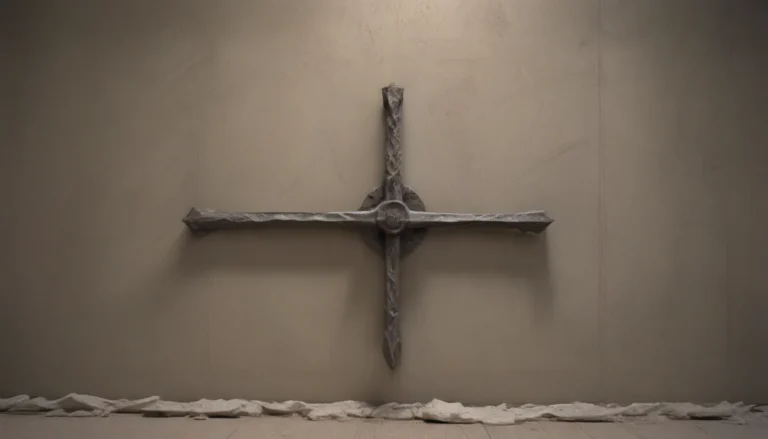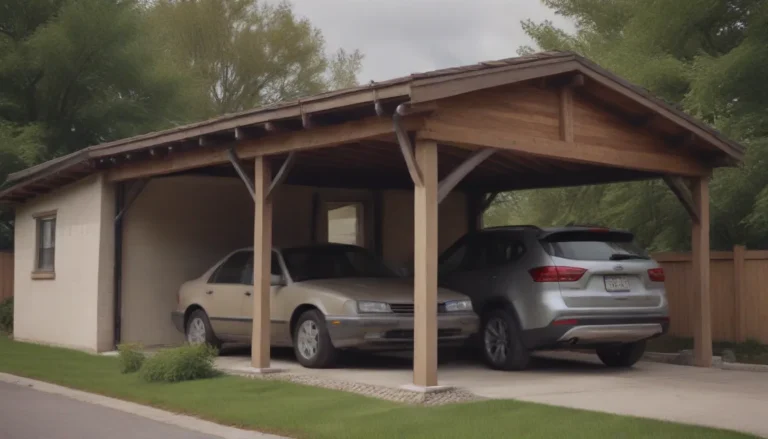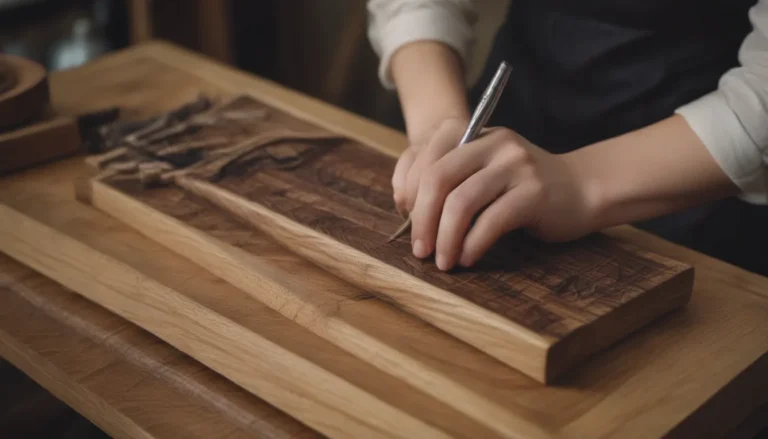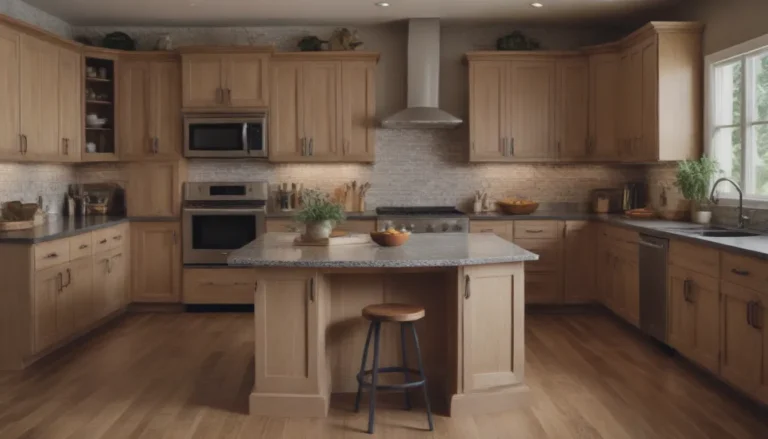Exploring Different Types of Roofing Materials and Their Costs
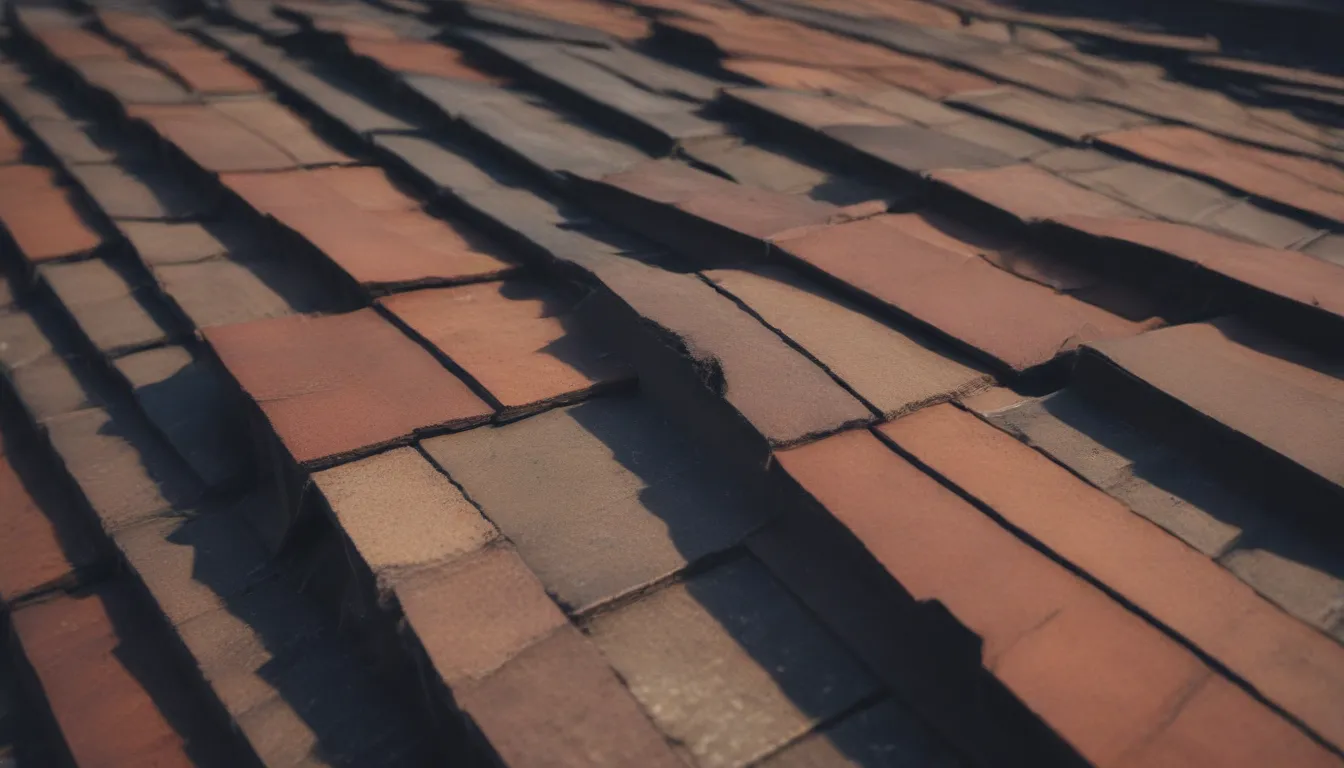
When it comes to choosing the right roofing material for your home, there are many factors to consider. From appearance and longevity to cost and structural issues, each type of roofing material offers unique benefits and considerations. In this comprehensive guide, we will explore 12 different types of roofing materials, their average costs, and key information to help you make an informed decision when replacing your roof.
Factors Affecting the Cost of Roof Replacement
Thecost of replacing a roofcan vary significantly depending on various factors, including the type of roofing material you choose, labor costs, and the size and shape of your roof. On average, the nationwide cost of a roof replacement is $8,314, with a typical cost range of $5,500 to $11,000. Understanding these factors is crucial when determining the overall cost of your roof replacement project.
1. Rolled Roofing
- Average cost of rolled roofing: Rolled roofing is a cost-effective option commonly used on low-slope residential roofs and outbuildings like sheds and workshops. It consists of long rolls of mineral-impregnated and asphalt-impregnated material topped with mineral granules.
- Installation: Rolled roofing can be applied using the torch-down method or with roofing nails.
- Longevity: On average, rolled roofing lasts about 5 to 8 years before needing replacement.
2. Built-Up Roofing (BUR)
- Average cost of built-up roofing: Built-up roofing is one of the oldest types of roofing materials for flat or low-pitch roofs. It consists of multiple layers of roofing felt impregnated with asphalt applied hot, creating a durable and impenetrable roof.
- Durability: Properly installed BUR roofs can last 20 to 30 years, making them a long-lasting roofing option.
3. Membrane Roofing
- Average cost of membrane roofing: Membrane roofing is ideal for flat or low-pitch roofs and includes materials like EPDM, a synthetic roofing material known as “rubber roofing.”
- Lifespan: Membrane roofs typically last 20 to 35 years when properly maintained, offering a durable and low-maintenance roofing solution.
4. Asphalt Composite Shingles
- Average cost of asphalt composite shingles: Asphalt composite shingles are the most popular roofing material in North America, made from fiberglass base topped with asphalt and mineral granules.
- Warranty: These shingles come with a 20- to 30-year warranty, with a lifespan ranging from 12 to 30 years based on quality and conditions.
5. Standing Seam Metal Roofing
- Average cost of standing seam metal roofing: Standing seam metal roofs are a common metal roofing option known for their raised seams that interlock to keep moisture out.
- Durability: Metal roofs can last 30 to 50 years, with some lasting up to 75 years, offering a fireproof and recyclable roofing solution.
6. Metal Shingles/Shakes
- Average cost of metal shingles: Metal shingles provide the durability of metal roofing with the appearance of traditional roofing materials like asphalt or wood shakes.
- Appearance: Metal shingles can last 30 to 50 years, offering a long-lasting and visually appealing roofing option.
7. Wood Shingles/Shakes
- Average cost of wood shingles/shakes: Wood roofs are known for their attractive appearance, with options like cedar or redwood for a natural look.
- Longevity: Wood shingle or shake roofs can last 20 to 60 years depending on climate and maintenance.
8. Clay Tile
- Average cost of clay tile: Clay tile roofs are made from molded earthen clays and are popular in hot climates or coastal regions for their durability.
- Lifespan: Clay tile roofs can last over a century, making them one of the most long-lasting roofing materials available.
9. Concrete Tile
- Average cost of concrete tile: Concrete tile roofing offers similar advantages to clay tile at a slightly lower cost, with a lifespan of 50 years or longer.
- Durability: Concrete tile is a heavy and durable roofing material suitable for high-wind regions.
10. Slate Shingles
- Average cost of slate shingles: Slate roofs are a luxury roofing material known for their longevity and durability.
- Longevity: Slate tile roofs can last 75 to 150 years or more, making them a long-lasting and high-end roofing option.
11. Synthetic (Rubber) Slate Tile
- Average cost of synthetic (rubber) slate tile: Synthetic slate shingles offer a lightweight and durable alternative to natural slate roofing.
- Warranty: Synthetic slate roofs typically come with up to a 50-year warranty, providing a long-lasting and cost-effective roofing solution.
12. Living Roof
- Average cost of a living roof: Living roofs, made from living plant materials, offer environmental benefits like air purification and thermal insulation.
- Maintenance: Green roofs require regular maintenance to ensure longevity, with options for intensive or extensive green roofing designs.
Tips for Choosing the Right Roofing Material
- Consider the climate and weather conditions in your area when selecting a roofing material.
- Evaluate the overall lifespan and maintenance requirements of each roofing material.
- Get quotes from multiple roofing contractors to compare costs and services.
- Check with your local building department for any restrictions on specific roofing materials.
- Prioritize durability and longevity when choosing a roofing material for your home.
In conclusion, selecting the right roofing material for your home involves a careful consideration of factors like cost, longevity, and appearance. With a wide range of options available, from traditional asphalt shingles to innovative living roofs, homeowners can find a roofing solution that meets their needs and budget. By understanding the unique characteristics of each roofing material, you can make an informed decision that will protect your home for years to come.
